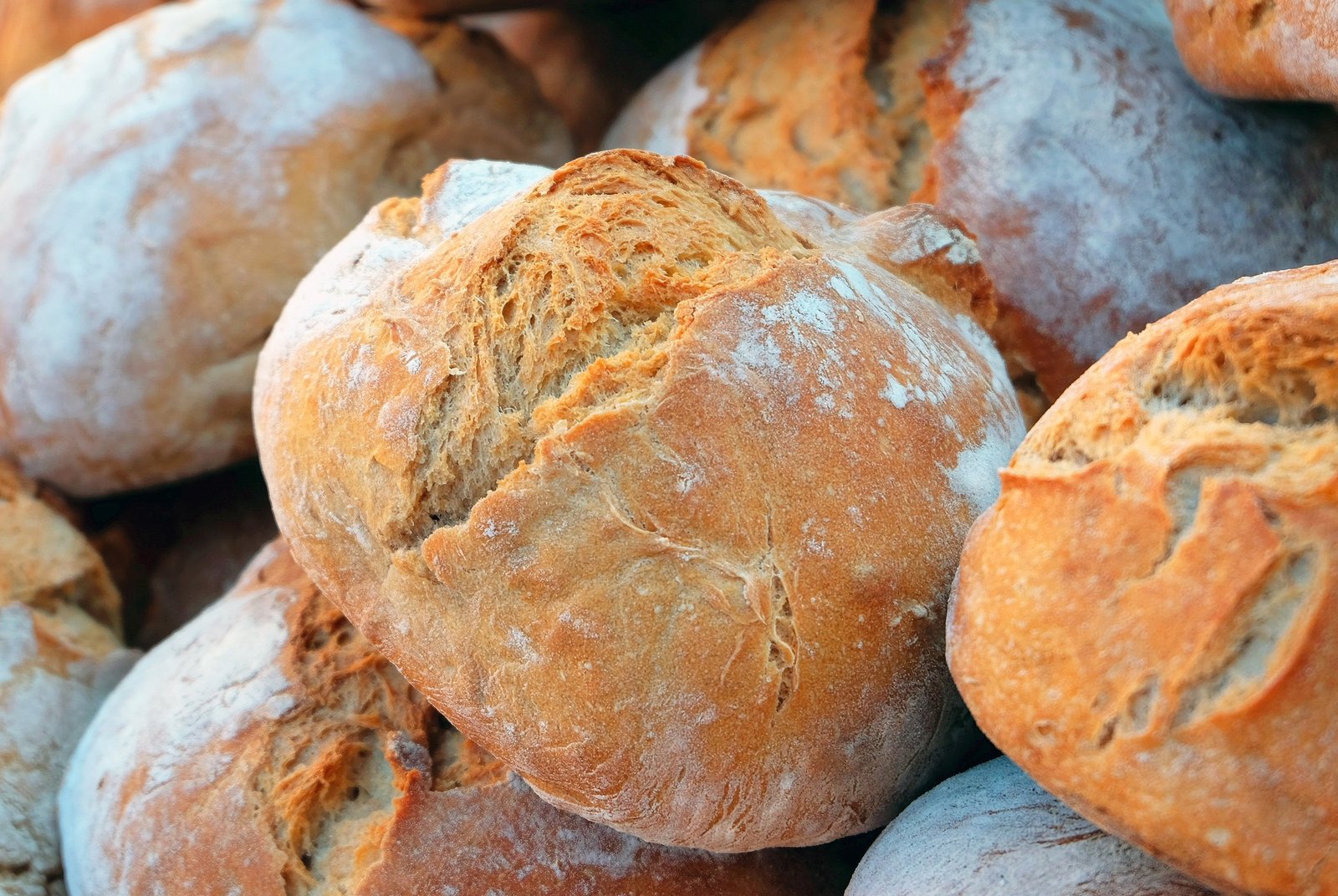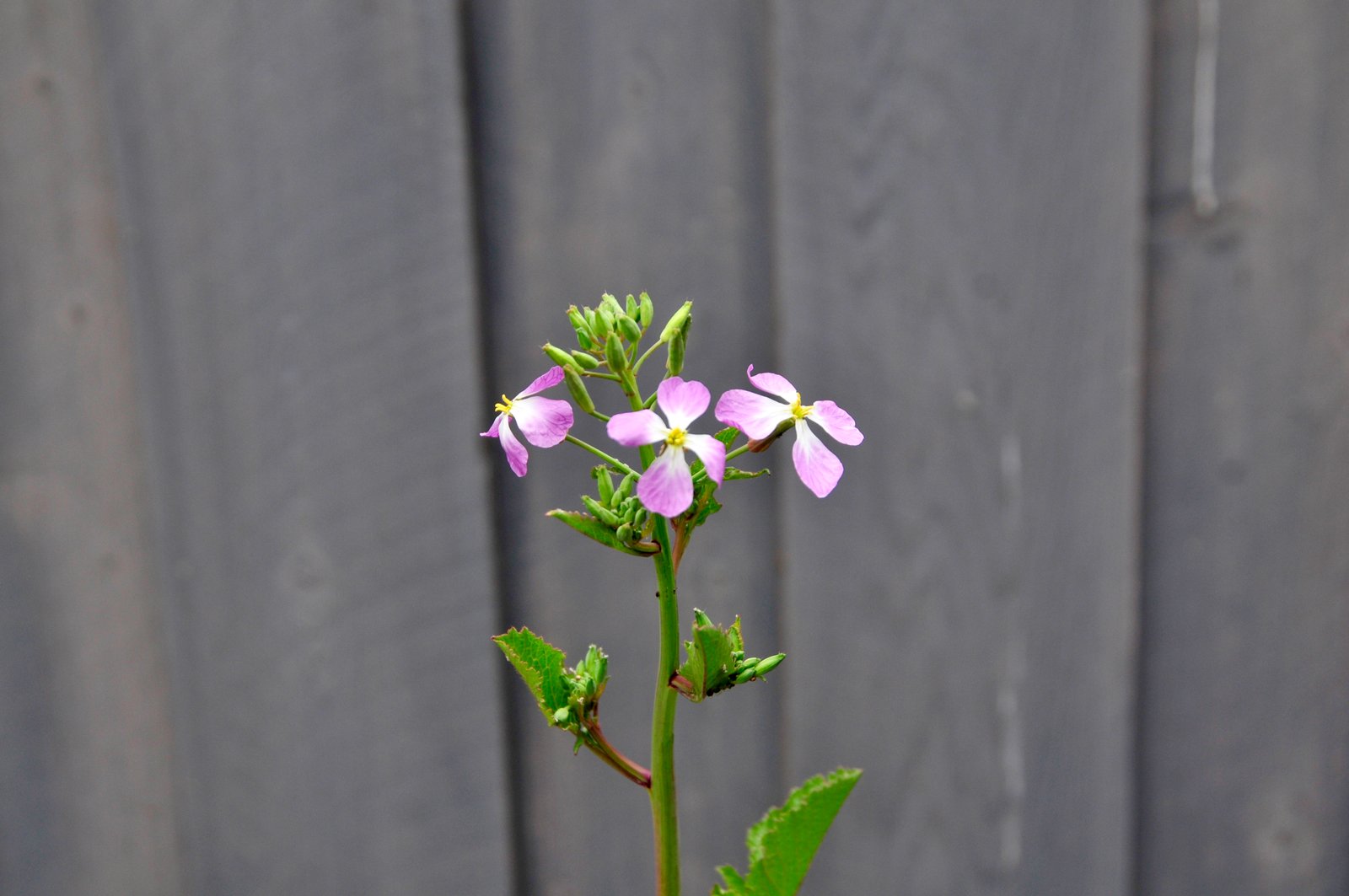*I want to preface this post and remind everyone that while I may work in the medical field, I am not a doctor. The information below is gathered from my own research, my own personal observation, and does not serve as medical advice.
Once upon a time, I was a gluten glutton. Yes, the kind of girl who finished the entire bread basket at dinner. The girl who always ordered chicken fingers whenever they were on the menu. That same girl went gluten free about a year ago.
So why say goodbye to that chewy, fluffy stuff that tastes oh so good? Two words: leaky gut. The gut is a delicately balanced microbial ecosystem of bacteria and microorganisms. Also referred to as flora, they play an important role breaking down your food into smaller molecules for digestion and metabolizing vitamins.
Your gut also contains some pathogenic microorganisms that in a healthy GI tract are kept in check by the good bacteria. When that balance falls out of line from something like antibiotics for example, the bad bacteria can thrive, resulting in us feeling ill. In other words, you want to protect the good guys (yay probiotics!).
So what is leaky gut? In layman’s terms, leaky gut is exactly what it sounds like—a leak in the intestinal lining. Why is it bad? And where does gluten come into play?
Think of your intestinal wall as border control for your gut. When you have holes in it, toxins, bad microbes, undigested food and all sorts of particles escape the intestines and enter your blood stream. Your immune system then recognizes them as pathogens and attacks them, which can elicit an immune response that can manifest as anything from rashes, to digestive problems, delayed allergy development, and a whole slew of other yucky ailments. No bueno.
But seriously…what’s gluten got to do with it? Well much to the dismay of my former self, gluten is said to be the number one cause of leaky gut. I won’t get into the nitty gritty science of it, but in summary, gluten can cause the intestinal cells to release a protein called zonulin, which can actually break the junctions that hold your intestinal wall together, creating an outlet for all the bad stuff to escape. Yikes.
But of course I didn’t know any of that until after I went gluten free. After struggling to resolve a rash on my shin for several months, a friend of mine recommended that I go gluten free. I laughed. No bread? No chicken fingers? NO BEER?!? NO WAY. But desperate to find a solution, I tried it. Within 2 weeks my rash was no longer raised and no longer itchy. My bloating dramatically decreased, and my stomachaches became much more manageable.
After some time, I tried to reintroduce some gluten into my diet (read: I have no self control). BAM! Stomachache within 15 minutes. While I do not have celiac disease, these stomachaches are very real. So for the sake of my gut lining, I said my goodbyes to my once favorite food group…that is until the holidays when I allow myself to enjoy my dad’s homemade sourdough bread. It’s a special treat that is so delicious and a family tradition so I happily manage my symptoms after. To my surprise, I’ve found that homemade sourdough affects me the least due to the long rise and fermentation process. Stay tuned for a post on why this is.
So should you eliminate gluten? It’s a personal choice. From my own experience, I can confidently say that it has done wonders for my gut. However, I have friends who eliminated it for several months and never felt a difference. If you do suffer from some of the same ailments, why not try it for 2 weeks and see how you feel? Gluten free beer is actually delicious!
Are you gluten free? Thinking about going gluten free? Let me know in the comments!


 Sumac Radishes with a Twist
Sumac Radishes with a Twist
[…] rewind to my first post about gluten, “Confessions of a Former Gluten Glutton”. In it I stated that a good friend of mine recommended that I go gluten free when she learned that […]